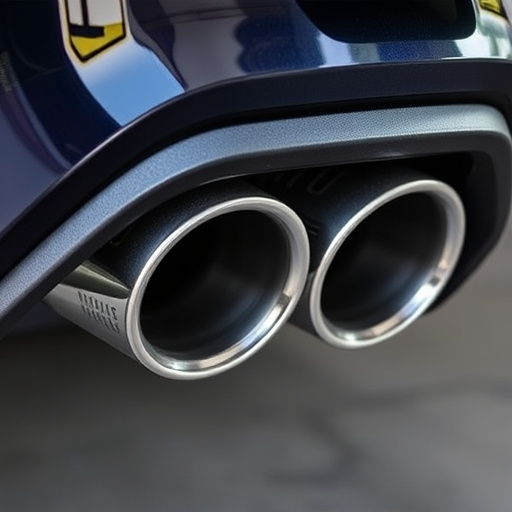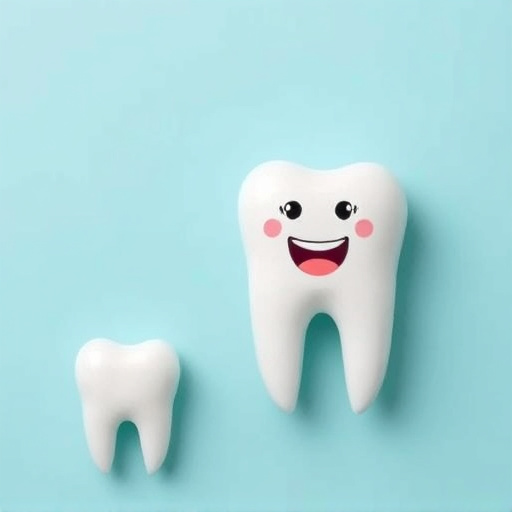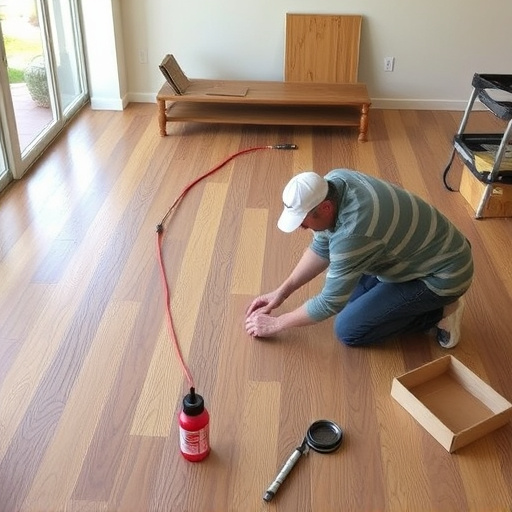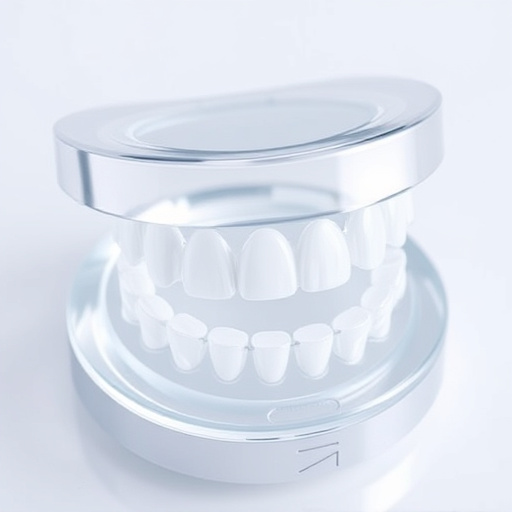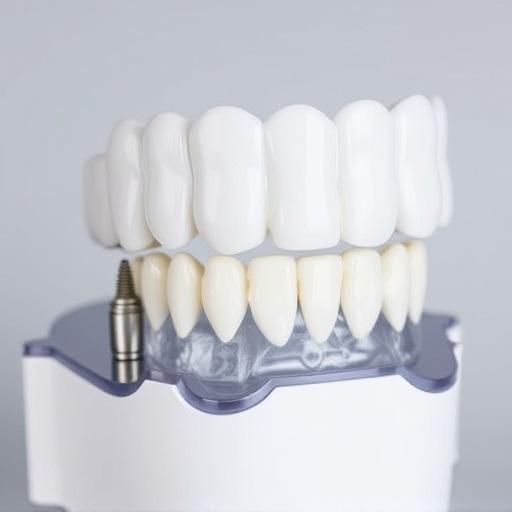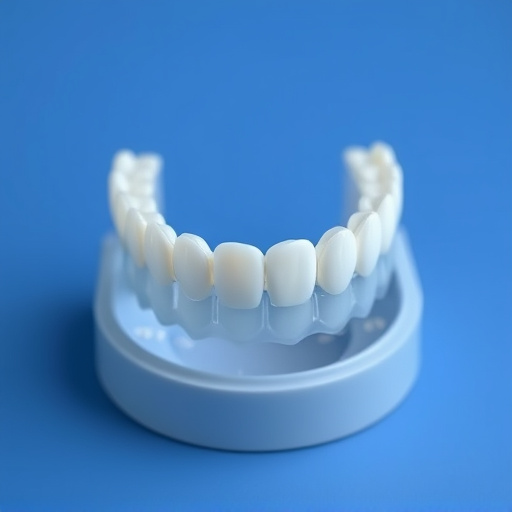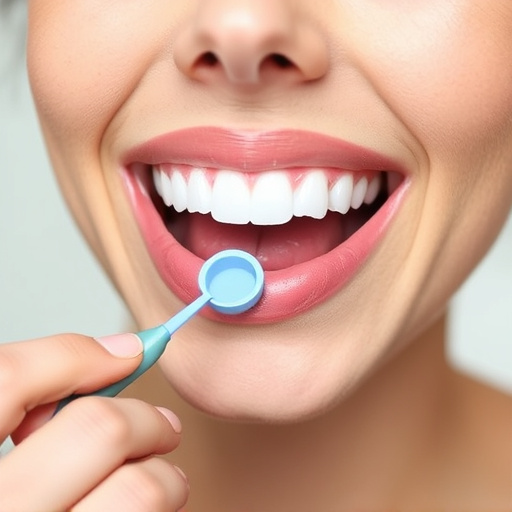Dental sealants for teeth are a proactive oral care solution that protects against decay and damage, particularly in children's molars and premolars. These coatings fill tiny pits and grooves, blocking bacteria and food particles. By preventing cavities, chips, and cracks, they complement regular hygiene practices, ensuring long-term oral health and reducing the need for future fillings or extractions like wisdom tooth removal. Effective when combined with check-ups and good home care, dental sealants offer a simple yet powerful way to maintain optimal oral health.
Dental sealants for teeth are an effective preventive measure, creating a protective barrier against future dental problems. This article delves into how these thin coatings, typically applied to molars and premolars, safeguard your smile by shielding tooth surfaces from plaque buildup, food particles, and bacteria—the primary causes of decay and gum disease. By understanding the science behind sealants and their application, you’ll grasp why this simple procedure is a game-changer for maintaining optimal oral health.
- Understanding Dental Sealants: A Protective Barrier
- How Sealants Prevent Common Dental Issues
- Application and Maintenance: Ensuring Long-Lasting Protection
Understanding Dental Sealants: A Protective Barrier
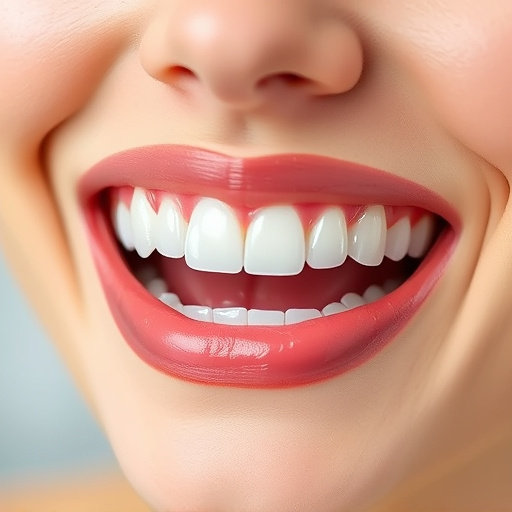
Dental sealants for teeth are a preventive measure that creates a protective barrier against decay and damage. They are typically applied to molars and premolars, especially in children, as these back teeth are more susceptible to cavities and dental problems due to their complex anatomy and frequent exposure to foods and drinks. The sealant acts as a hard, plastic coating that covers the chewing surfaces of the teeth, smoothing out rough spots and filling tiny pits or grooves where bacteria can accumulate.
By sealing these crevices, dental sealants for teeth prevent food particles and plaque from getting trapped, reducing the risk of tooth decay, chips, cracks, and even the need for future dental fillings. Regular oral exams and teeth cleaning are still crucial alongside this protective measure, but dental sealants offer an additional layer of defense, ensuring that your smile remains healthy and strong over time.
How Sealants Prevent Common Dental Issues

Dental sealants for teeth act as a protective barrier against common dental issues that often arise over time. By applying a thin coating to the chewing surfaces of back teeth, especially molars and premolars, sealants create a shield that prevents food particles and bacteria from settling in hard-to-reach crevices. This simple yet effective measure significantly reduces the risk of tooth decay, one of the most prevalent dental problems globally.
Moreover, sealants can also guard against other issues like tooth erosion caused by acidic foods and drinks, as well as chip or crack development due to chewing pressures. In a family dentistry setting, these protective coatings are often recommended for children, but adults can also benefit from them. This proactive approach in dental care helps avoid more extensive procedures such as fillings or, in severe cases, tooth extractions, thereby maintaining optimal oral health and reducing the need for cosmetic fillings later on.
Application and Maintenance: Ensuring Long-Lasting Protection
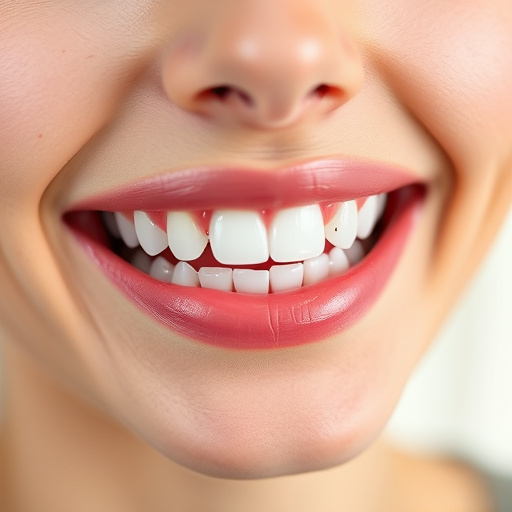
Dental sealants for teeth are applied as a protective coating to the chewing surfaces of back teeth, typically molars and premolars. This simple yet effective procedure involves the dentist painting a liquid sealant over the tooth’s enamel, which then hardens to create a barrier against decay-causing bacteria. While the initial application is crucial, proper maintenance ensures the longevity of this protection. Regular check-ups are essential to assess the condition of the sealants and address any potential issues early on.
Proper oral hygiene practices at home are also vital for maintaining dental sealants. Brushing twice daily with fluoride toothpaste and flossing regularly help remove plaque buildup, which can weaken or damage the sealants over time. Additionally, limiting sugary foods and beverages known to contribute to tooth decay further supports the effectiveness of dental sealants for teeth, complementing preventive dentistry efforts and reducing the need for future procedures like wisdom tooth removal or tooth extractions.
Dental sealants for teeth act as a protective barrier, preventing common dental issues like cavities and tooth decay. By sealing out plaque and food particles, these sealants significantly reduce the risk of future dental problems. Proper application and regular maintenance ensure their long-lasting effectiveness, making them a valuable tool in maintaining oral health. Incorporating dental sealants into your routine care can help safeguard your teeth for years to come.



